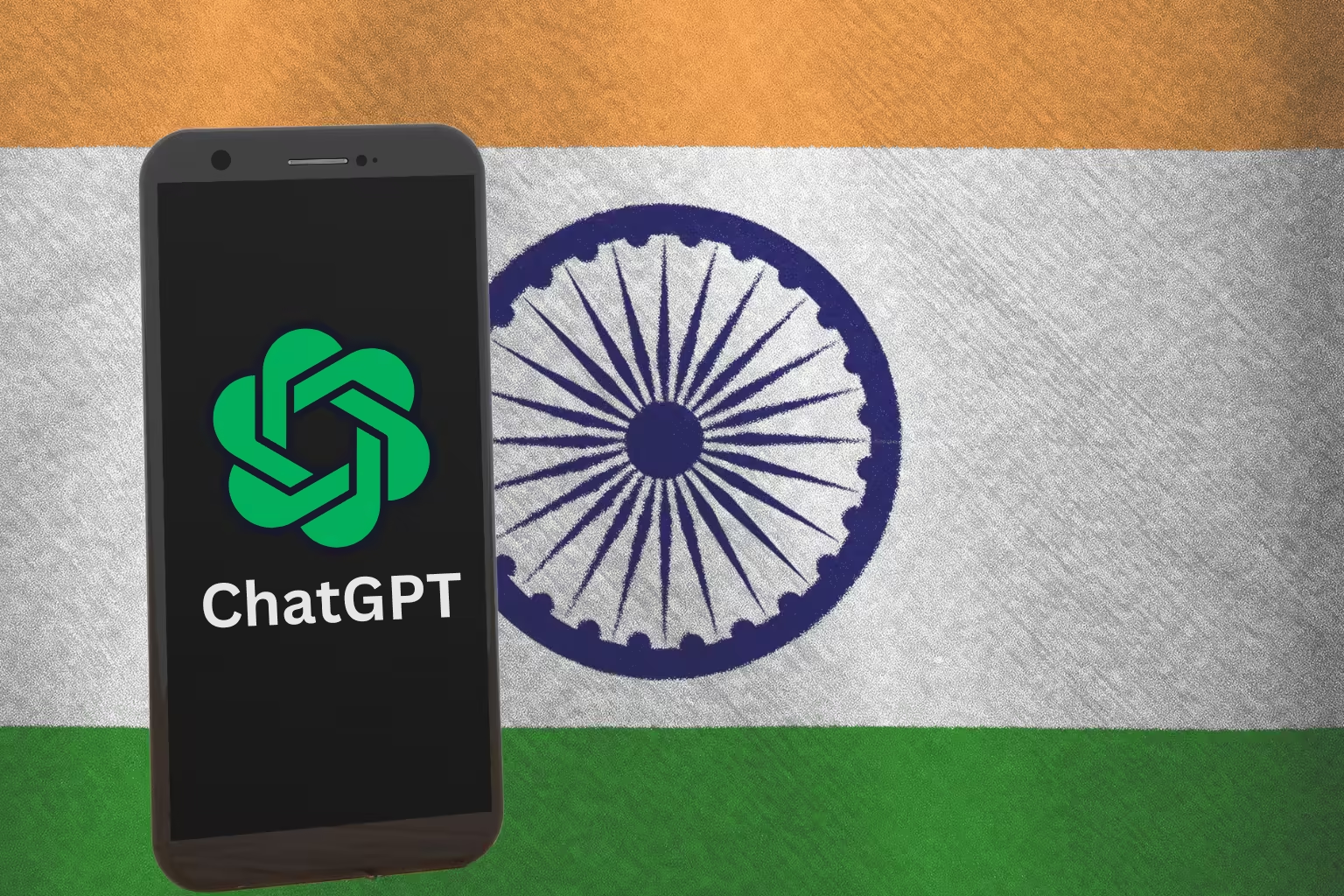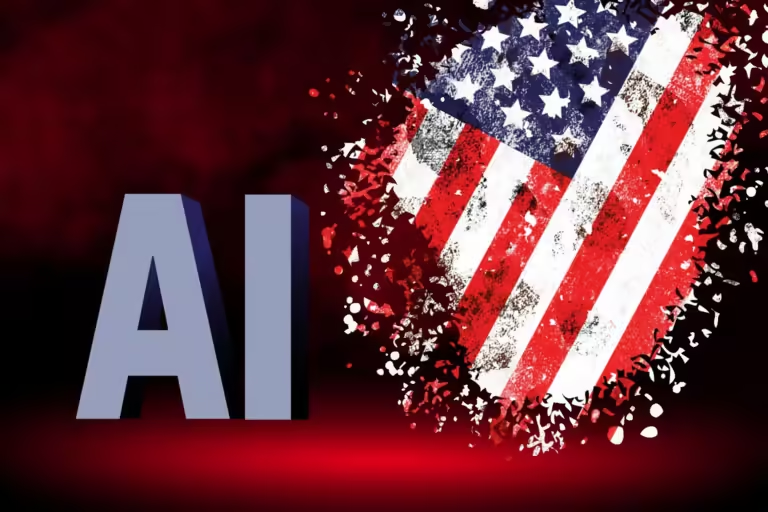
OpenAI Faces Legal Challenge in India Over ChatGPT Data Dispute
OpenAI contests ANI’s copyright lawsuit in India, citing U.S. legal obligations to retain ChatGPT training data.
OpenAI has argued before an Indian court that removing training data from ChatGPT, as requested by local news agency ANI, would breach its legal obligations in the U.S. This highlights the complex legal challenges facing AI globally.
In November, ANI sued OpenAI, claiming that the AI company, supported by Microsoft, used its material without permission to train ChatGPT. ANI is asking for its data to be removed from the AI model’s memory because it believes its copyright has been violated.
On January 10, OpenAI said in a court document that it can’t remove training data because of current law requirements in the U.S. U.S. laws require that data is kept safe while a lawsuit is ongoing, so OpenAI cannot properly fulfill ANI’s request.
OpenAI stated that Indian courts do not have the authority to handle this case because the company does not have a real office in India. The servers that hold ChatGPT’s training data are housed outside of India, making legal actions more difficult.
This case in India is similar to every other claim that has been filed on the globe. For instance, The New York Times has sued OpenAI in the United States for violating its copyright by using its material to train Artificial Intelligence. OpenAI has refuted these allegations by stating that it applies Augmented Reality to freely accessible data, ethically.
ANI had argued that OpenAI has a great business plan with big global corporations that saw them have an added advantage in the market. This also states that ChatGPT relies heavily on ANI’s material while addressing the users, which is not good for its business.
OpenAI’s Counterclaims
OpenAI responded to ANI’s claims by saying that ANI changed the way they used ChatGPT by using their own stories as prompts. OpenAI believes that these acts were meant to get certain reactions, weakening ANI’s points.
The Delhi High Court will listen to the case on January 28. As AI technology develops and legal issues increase, this case might influence how AI systems manage protected content in India and other places.
Despite facing legal issues, OpenAI is still expanding around the world. In 2023, it raised $6.6 billion and formed agreements with well-known publishers like Time, Financial Times, and Le Monde to boost its presence in the competitive AI market.

